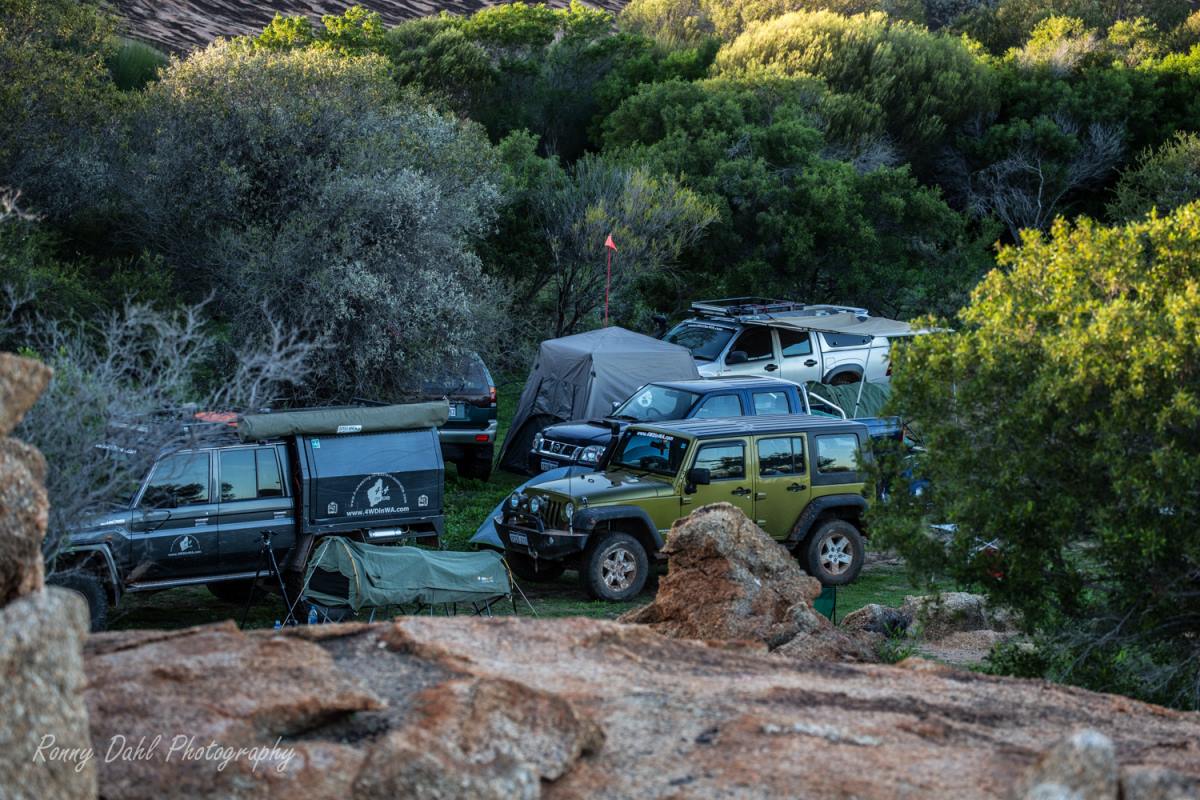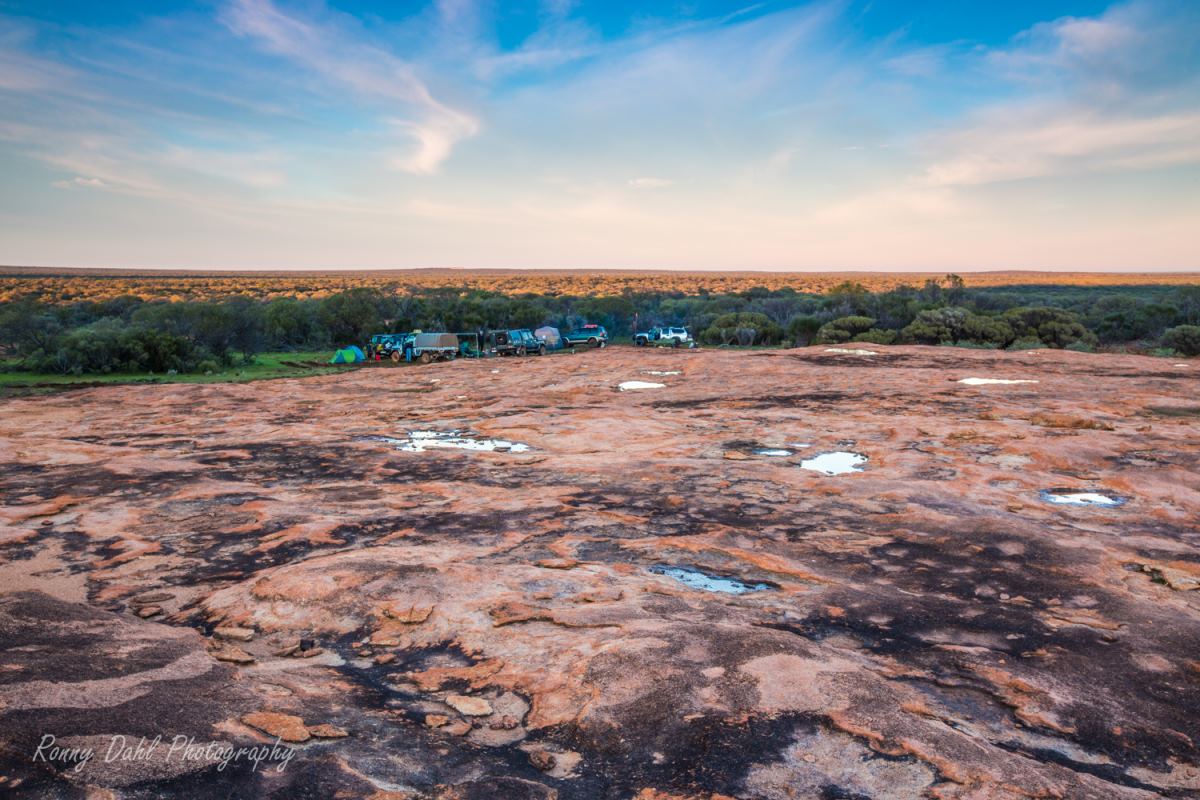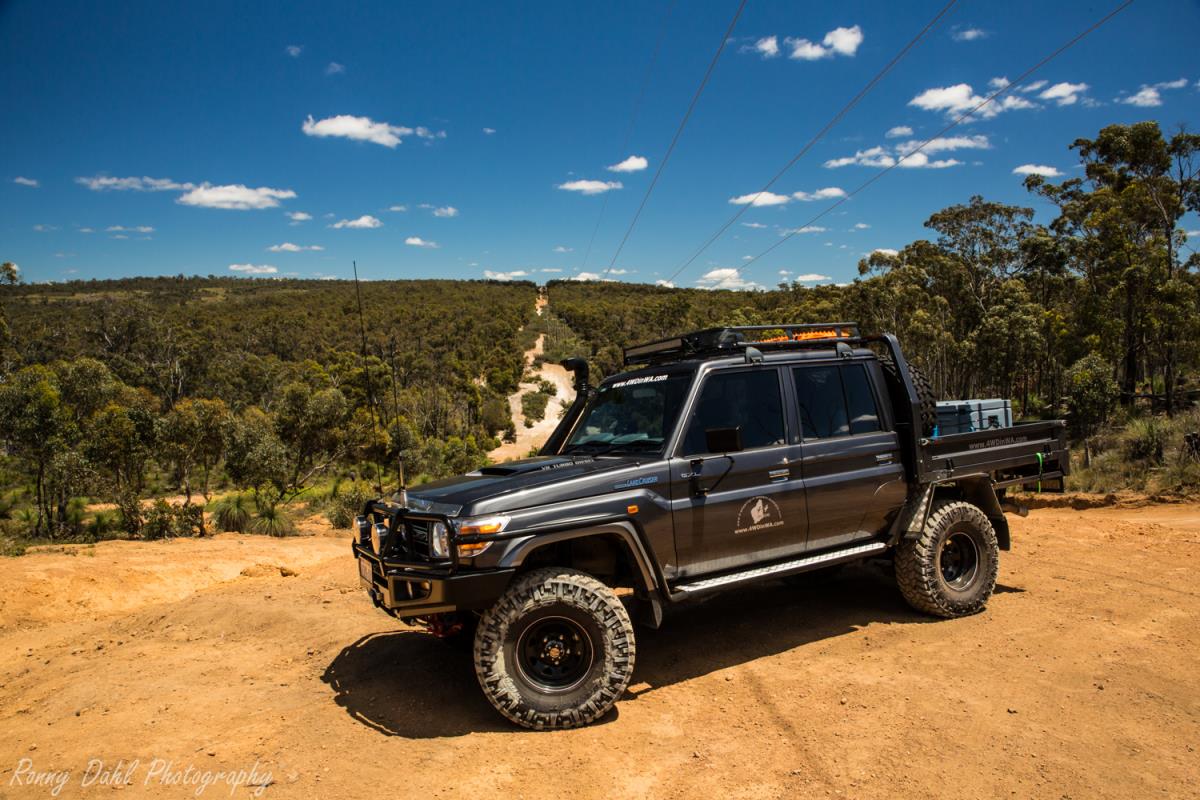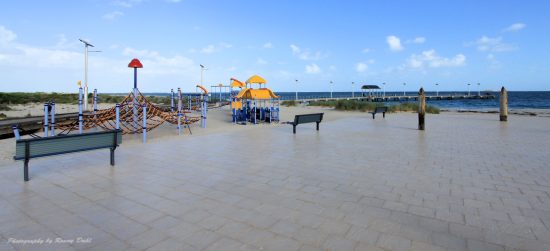
Outback
camping & Outback stations.
Outback Camping & Outback Stations.
What is an outback station? Well these are working stations of all different types, Livestock (cattle, sheep, goats or all the above). Some working stations along the coast farm fish within massive nets.
Most livestock stations are remote or outback and some are not so remote, either way both are covered on this same page.
These stations occupy a lot of land and some stations are bigger than some small countries.
Lucky for us Aussies or even visitors to Australia some land owner allow the public to use their land for exploring by 4WD only.
Most (if not all) station owners require you to book your stay in advance, failing to do so could ruin your plans. A fee would also apply for entering their land; prices vary from place to place.
Most station stays are very cheap
and usually offer no services.
Permission by the owner is always required before entering the land and some
simple rules apply in addition to the owner’s rules.
The simple rules for outback camping on stations are:
Leave gates as they were, if it was closed and you opened it to drive through close it again behind you. If it was open leave it opens.
Only drive on the tracks.
Whatever rubbish you brought in take it out with you.
Fire bans season still applies even if on private property.
Only camp in areas where you have been told to camp.
Do not enter areas off limits.
Be self-sufficient, bring the same gear you would bring on remote travelling, tools, spares, water, food and fire wood.
Let the land owner know you have left his land; otherwise they may mount a search thinking you're in trouble or lost.
Whatever other rules the owner has obeyed them.
SEE ALSO: FOOD PLAN FOR OVERLAND TRIPS.
Outback Camp Early Morning.
Outback
Camping In Remote Areas.
Out here you need everything, Being self-sufficient is the key and I wouldn't recommend first time campers to take on the outback.
Remote camping areas may only have a visitor once a week, maybe once a month or maybe even longer.
The camp site will more than likely be hours away from a basic general store and fuel, this being the case it's a must to carry extra fuel and water.
Some outback stations may have fuel that they are willing to sell to visitors if they have enough. Don't expect cheap prices.
Outback Campsite, Sunrise.
The outback has no shower or toilet facilities, so I would highly recommend installing a heated shower to the vehicle or getting a cheap 12 volt shower from a camping store.
There is also the shower bag which can be hung from a tree and absorb heat from the sun’s rays.
For visits to the outback toilet bring a shovel and make sure your waste is buried at least 300 mm/1 foot where possible.
Wildlife and insects.
The outback country is home to a lot of animals and insects and quite a few of these are dangerous, the ones to look out for are:
Snakes (many types are very dangerous), Big spiders, Scorpions, Wild dogs including Dingos and Mosquitoes.
Keep in mind that food attracts wildlife. As long as no food or rubbish is left around camp overnight it would be very unlikely for wild dogs and dingos to enter the camp whilst everyone is sleeping.
This will also help keeping rabbits, kangaroo (big red Roos) and rodents away. Rodents are snakes pray, no rodents should equal no snakes (most of the time).
Getting bitten by a snake in the middle of the outback can be fatal, use common sense if a snake is spotted and don't attempt to kill it or pick it up. Just leave it and walk away.
Insects.
Keeping fly nets closed at all times will help keep insects out of the tent, even if you are near the tent make a habit of closing the fly net, to avoid insect bites.
To combat mosquitoes wear loose clothing in the morning and evening, also apply insect repellent.
Mosquitoes in the outback can carry viruses (like the Ross River Virus), Mosquitoes are unavoidable just like flies so be sure to use a good insect repellent.
Bull-ants out there are not to be messed with; it bloody well hurts when they bite. Setting up a tent over an ants nest and you will know about it.
Outback Spiders & Scorpions.
Large spiders and scorpions are found in the outback but are not deadly; however they will still inflict pain, swelling, nausea, vomiting and headaches.
Any insects unknown to an individual should be treated with respect.
Being Prepared.
Bring food and water to last 5 more days than intended, if something should happen to the vehicle you will still have extras days of food and water, allowing extra time for help to arrive.
Also the outback can reach very high temperatures in summer which results in more water being used for drinking.
Canned food is the best backup available; some of it can last for years.
A large first aid kit and knowing how to treat wounds could be a life saver.
SEE ALSO: FOOD PLAN FOR OVERLAND TRIPS.
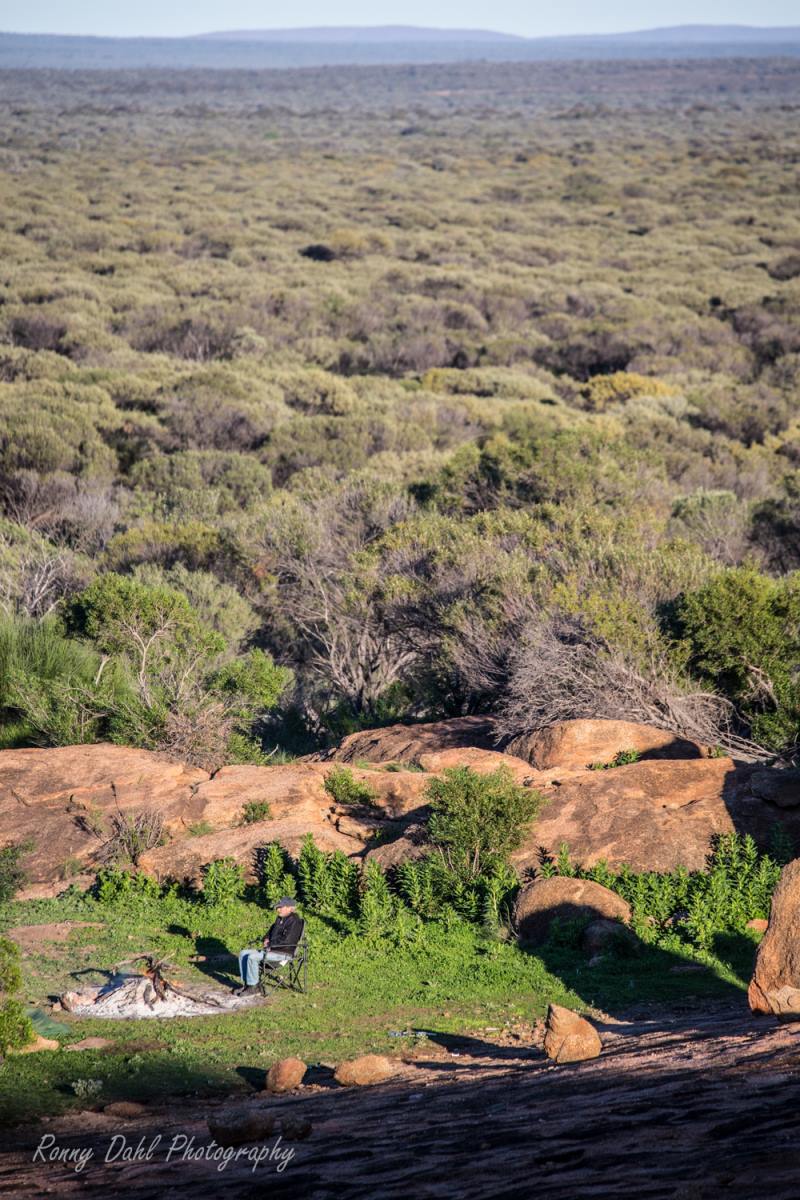
Outback Camp Early Morning.
Best Types Of Outback Camping Methods.
Tents (great anywhere)
Swags (best with a stretcher bed to keep off the ground)
Roof top camper (keeping off the ground is a bonus)
4x4 camper trailer (ideal for family travel and extra storage)
Caravan (depending on the tracks and areas travelled)
Recent Articles
-
Goodyear wrangler MTR
Jun 28, 24 10:27 PM
I have these on my defender 90 and my Dmax Ute. I get around 100,000 km out of them. I tried AT for one change and went back to the MTs. They are gol -
4x4 off road tracks 0 to 250 km from Perth
Nov 21, 23 07:40 PM
On this page we cover 4x4 off road tracks within a 250 km radius from Perth... -
4 Wheeling Around Jurien Bay.
Nov 21, 23 07:35 PM
Jurien Bay 4x4 tracks info and general information about the area...
- Home
- 4x4 Camping
- Outback Camping
Leave Outback Camping And Go 4 Wheeling In Western Australia.
